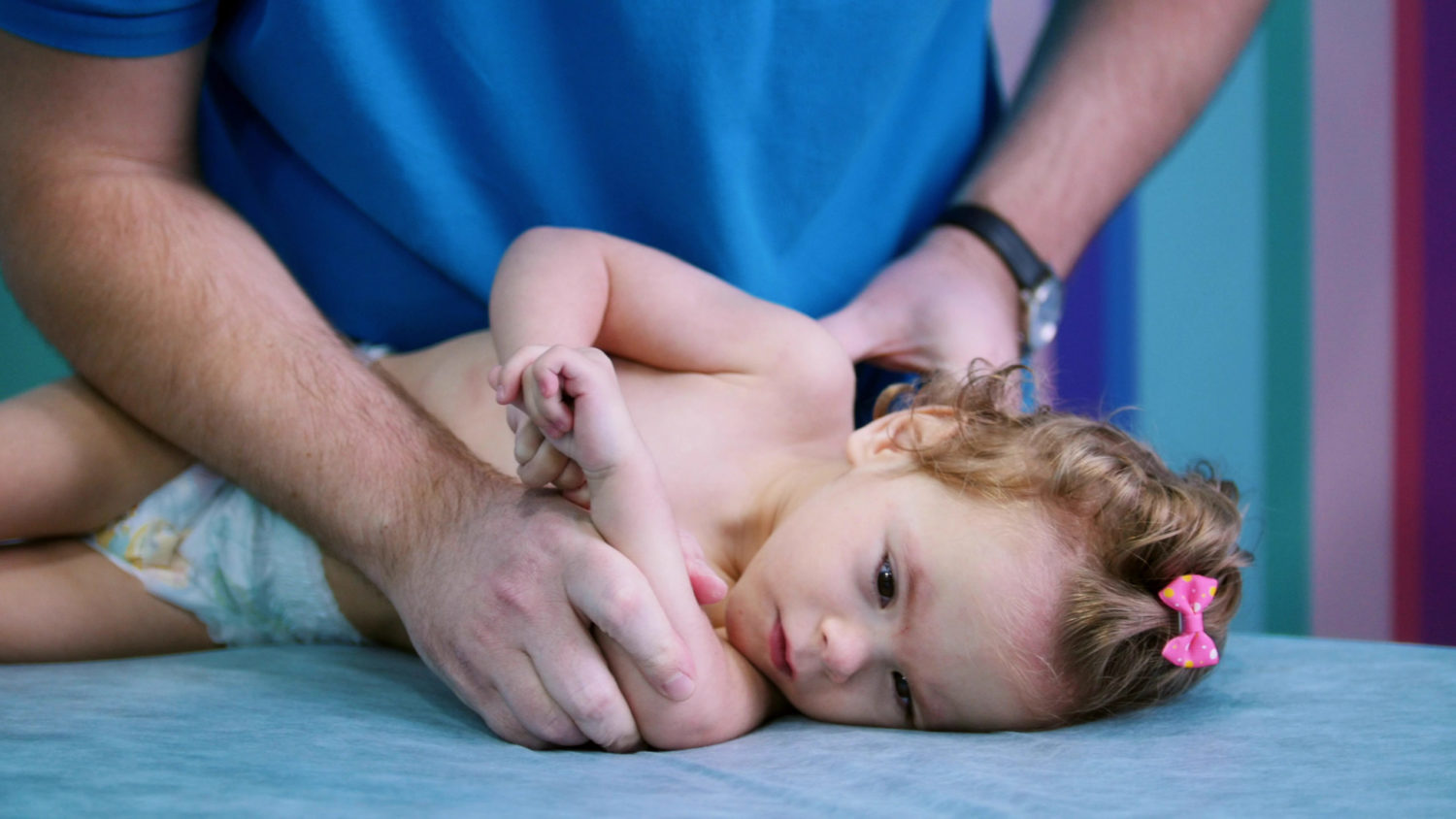Not everyone finds out that their child has cerebral palsy when they’re still in the hospital. This isn’t as common as it used to be, however. In the past, scanning technology and laboratory technology were not nearly as advanced as they are today. Most of the time, your child will be diagnosed before they leave the hospital. If they are not, here are some of the signs that parents usually notice.
Uneven Muscle Tone
Cerebral palsy specifically affects the muscles. For the sufferer, this means that they have very little control over their muscles and that the tone of their muscles is typically very uneven. Parents usually notice this when they pick their child up. They may notice that one part of the child’s body is floppy and the other rigid, for instance. In cases where someone has hemiplegia—a condition where one side of their body is affected but not the other—the differences may be more pronounced.
Delayed Development
Your child’s development in terms of muscle strength and coordination may also be delayed. They may, for instance, take much longer than normal children to roll themselves over and to perform other feats of strength and coordination. This slowed-down development is sometimes the first sign of cerebral palsy that parents really notice.
Hearing and Sight
People with cerebral palsy quite frequently have hearing problems, as well. When they have vision problems, it’s usually because the muscles that control their eyes don’t work properly and they have trouble lining them up. These symptoms can sometimes be recognized in infants.
If your child has cerebral palsy, there will be an investigation into the causes of the condition. Brain damage to the brain causes this condition and the doctors will want to find out how that trauma came about. There are some instances where the causes are completely natural. When cerebral palsy in infants is the direct result of medical negligence, however, the families sometimes decide to file a lawsuit over the condition.
There are cases where lawyers may be able to help families of children with cerebral palsy by filing successful lawsuits against the doctors or the healthcare facility responsible. In these cases, the money that the family wins in damages is usually put toward providing care for the child and making sure that they are set up for the future. The settlements can be quite large, so there is oftentimes potentially significant benefit for the child.

